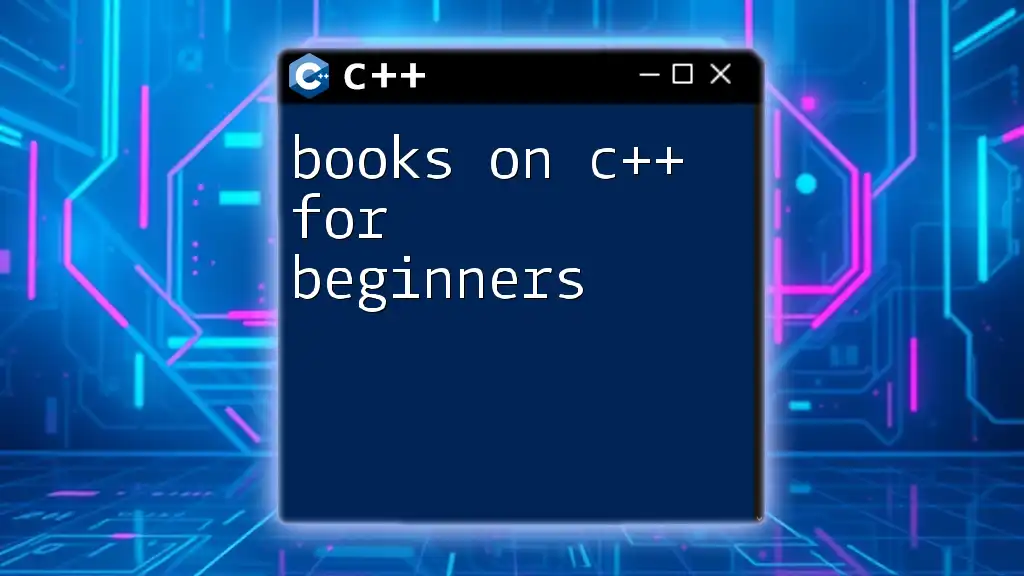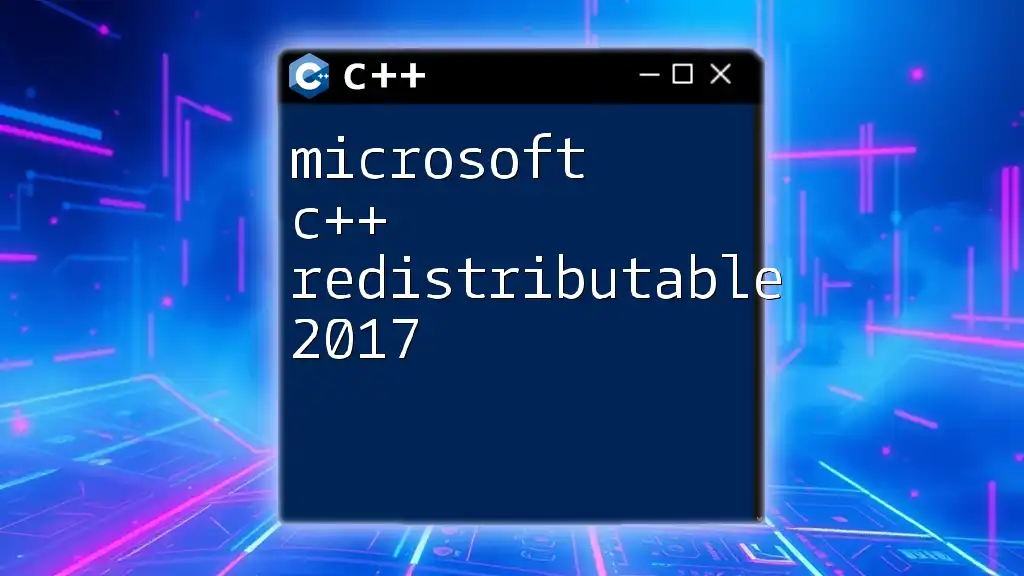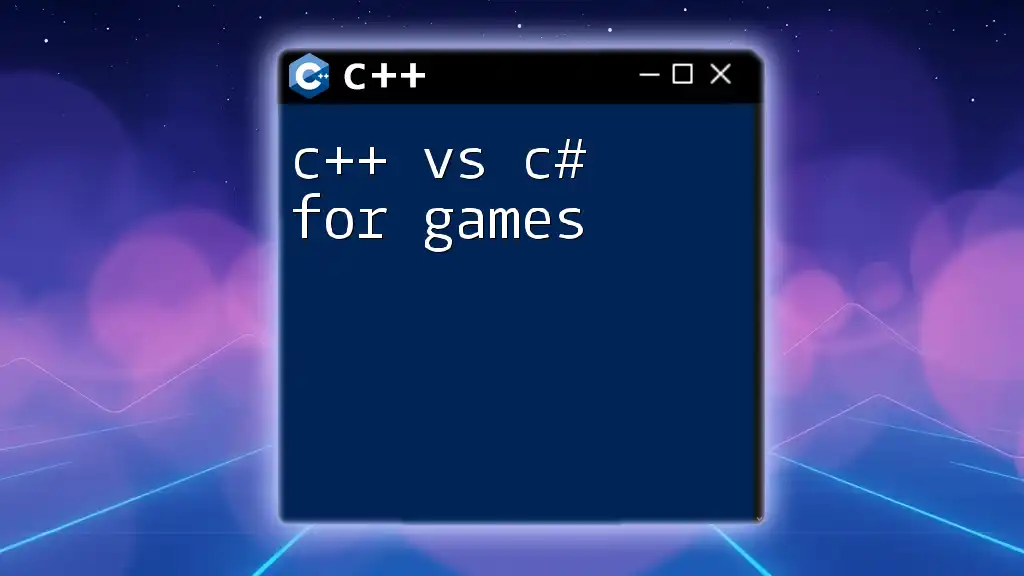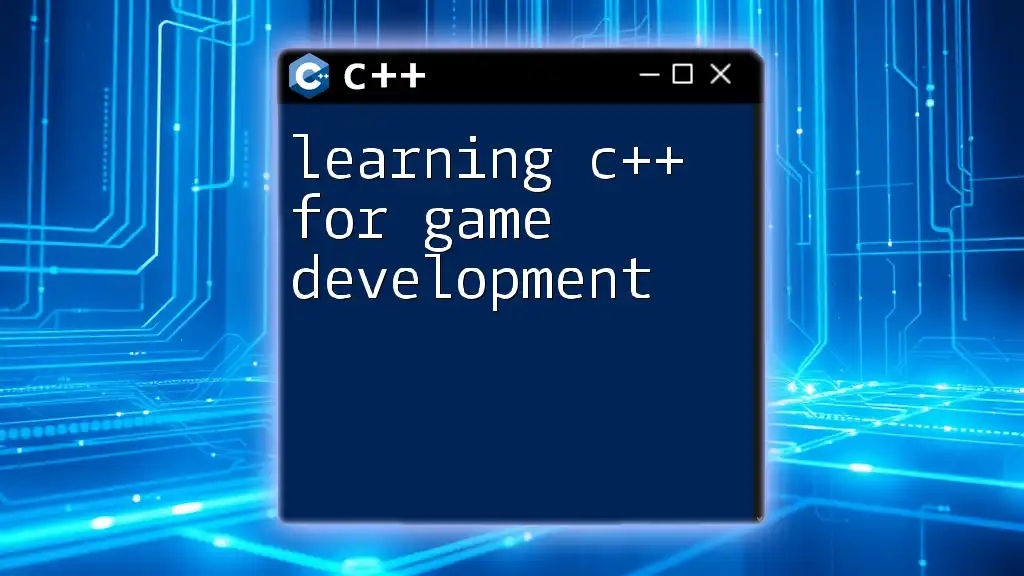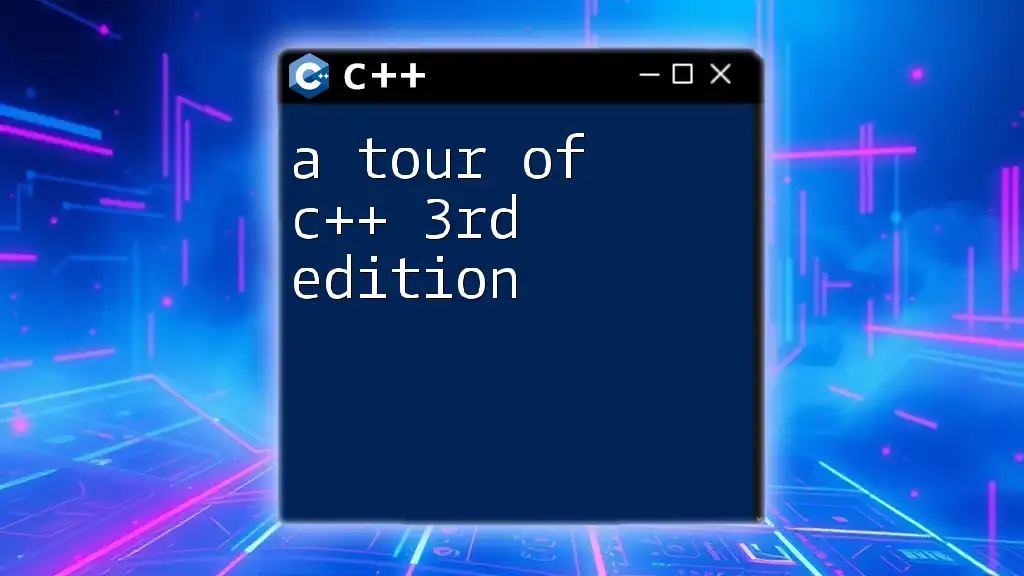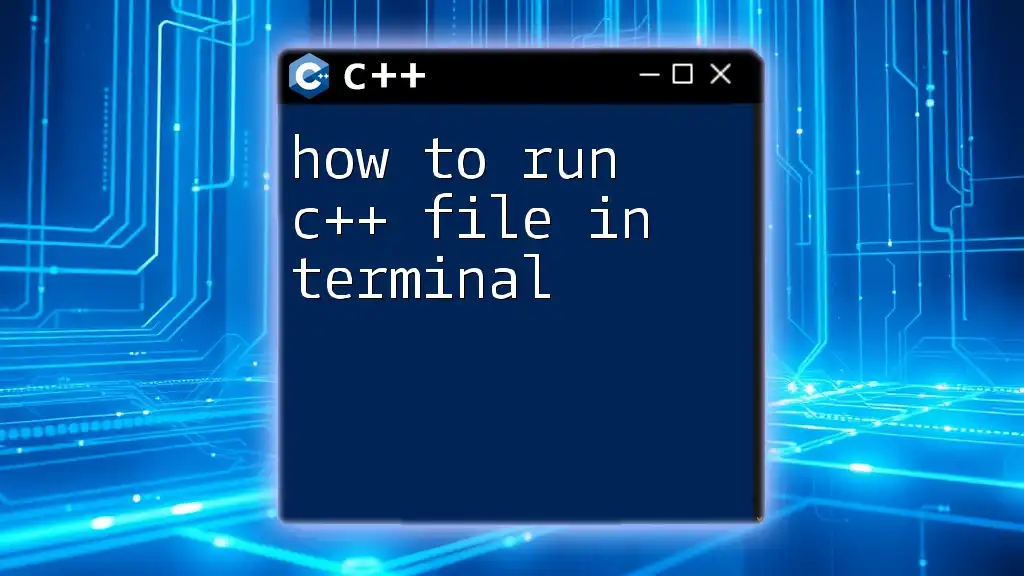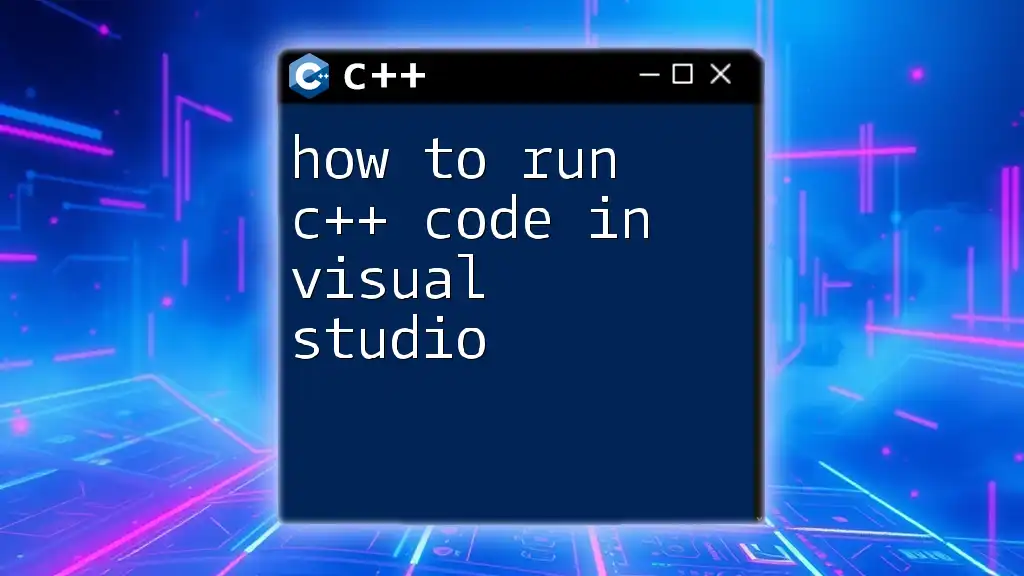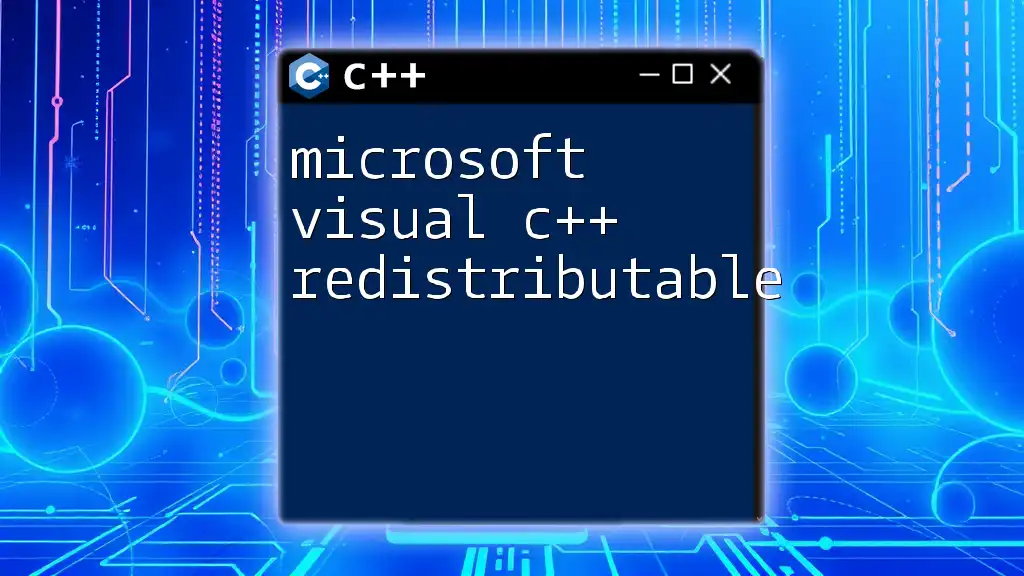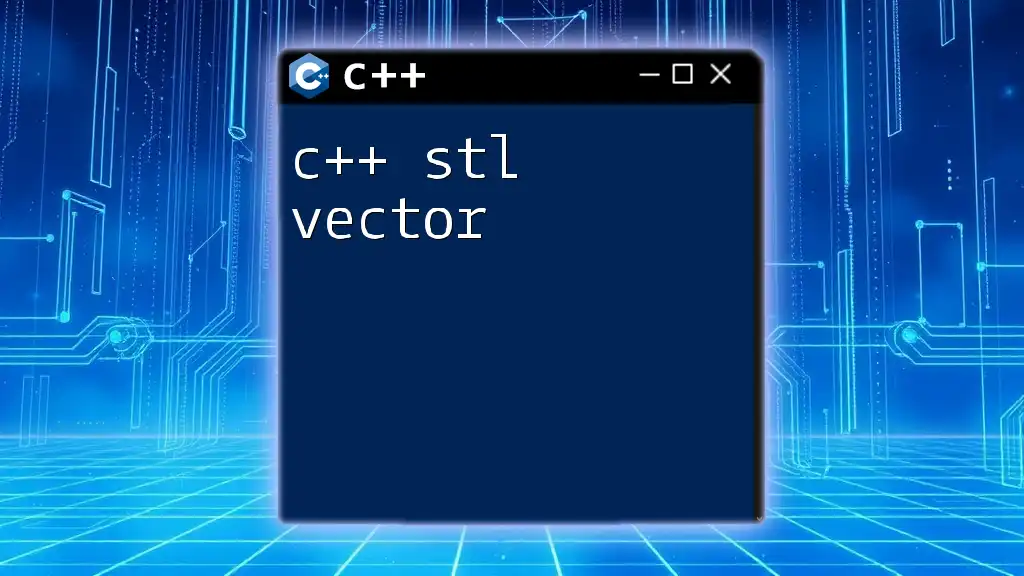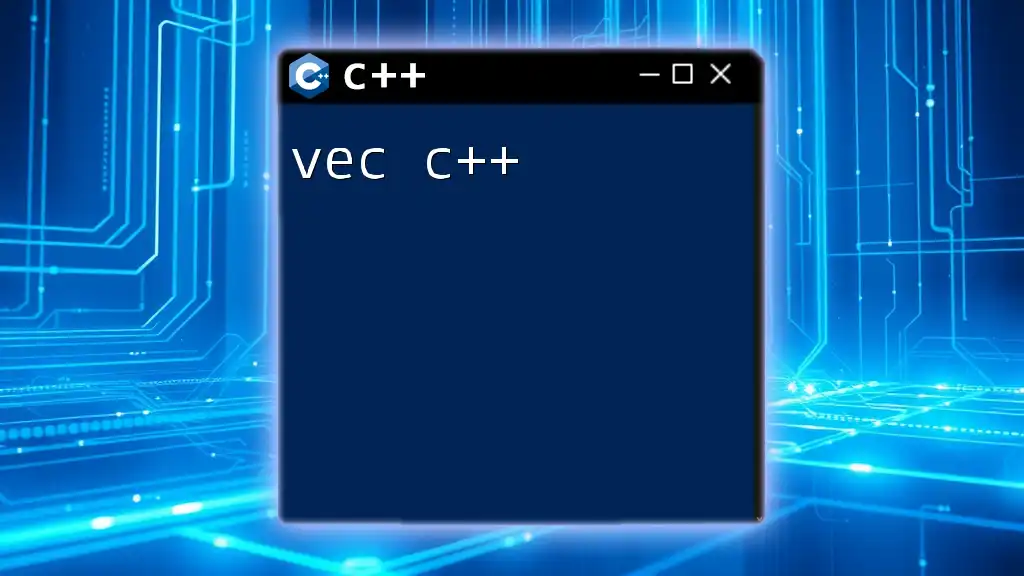Looking for a solid foundation in C++? Check out these beginner-friendly books that cover essential concepts and provide practical examples, like using the `cout` command for output in C++:
#include <iostream>
int main() {
std::cout << "Hello, World!" << std::endl;
return 0;
}
Choosing the Right Book
Understanding Different Learning Styles
Understanding your personal learning style is crucial when selecting books on C++ for beginners. Different learners absorb information in various ways:
- Visual learners may benefit from diagrams and illustrations.
- Kinesthetic learners need hands-on practice and projects.
- Auditory learners might prefer audiobooks or lectures.
This diversity underscores the importance of finding a book that aligns with how you learn best. Assessing your style can enhance your understanding of the concepts presented in the book.
Types of C++ Books
Books on C++ can be categorized into two primary types: textbooks and self-study guides.
- Textbooks tend to be comprehensive and often used in academic settings. They provide theoretical foundations and extensive examples.
- Self-study guides are generally designed for independent learners. These usually focus more on practical applications and can be more engaging.
Besides this, consider the focus of the book:
- Theory-heavy books can establish a strong foundation in programming concepts.
- Project-focused books often provide more immediate implementation experiences.
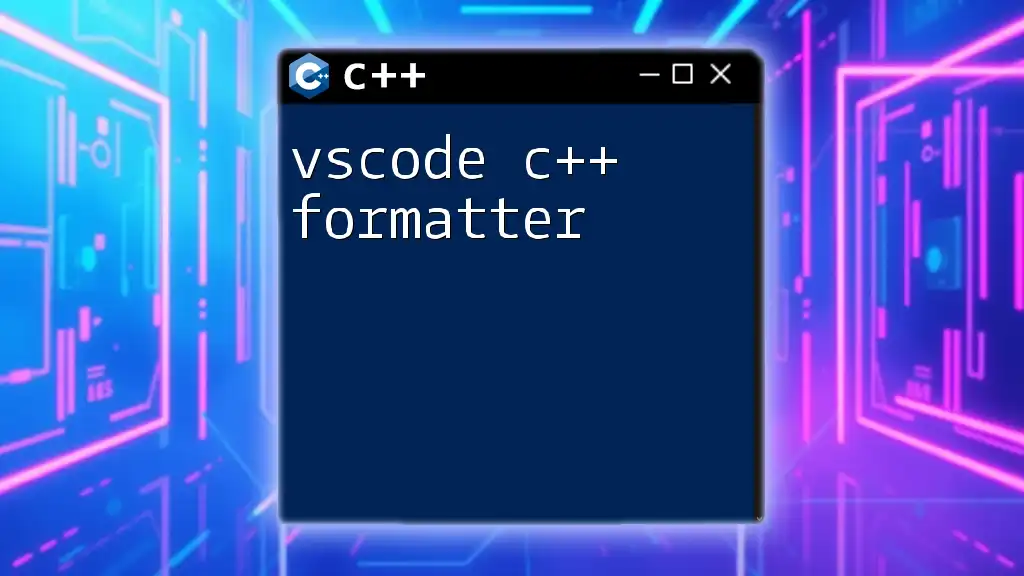
Recommended Books for Beginners
"C++ Primer" by Lippman, Lajoie, and Moo
Overview
"C++ Primer" is a cornerstone resource for many learning C++. Aimed at readers with some prior programming experience, it is particularly valuable for beginners seeking to solidify their understanding of C++.
Strengths
This book excels in its clarity. The authors present concepts in a straightforward manner, supplemented by practical examples. Each chapter builds on a foundational understanding of C++, making complex topics approachable.
Sample Code Snippet:
#include <iostream>
int main() {
std::cout << "Hello, World!" << std::endl;
return 0;
}
This simple program illustrates the classic introductory concept of printing output, making it an ideal starting point for learners.
"Accelerated C++" by Andrew Koenig and Barbara E. Moo
Overview
Unlike most beginner books, "Accelerated C++" takes a unique approach by delving into effective C++ programming right from the start.
Key Concepts
This book aims to equip readers with practical programming skills without getting bogged down in theoretical aspects initially.
Strengths
One notable strength is its fast-paced learning layout, allowing learners to quickly write useful programs. The emphasis on real-world application prepares beginners for practical coding challenges.
Example Scenario:
When creating a simple class structure to represent geometric shapes, you get hands-on experience with class design.
"C++ Programming Language" by Bjarne Stroustrup
Overview
Written by the father of C++, Bjarne Stroustrup, this book provides an authoritative guide on the C++ language.
Recommendation
It is more suited for readers with some prior programming knowledge, but its insights into the principles of C++ are invaluable.
Why It's Beneficial:
Readers gain a deep understanding of language design, which helps develop cleaner and more efficient code.
Code Example:
class Box {
public:
double length;
double width;
double height;
};
This code snippet introduces the concept of encapsulation, a foundational principle in C++.
"Programming: Principles and Practice Using C++" by Bjarne Stroustrup
Overview
Stroustrup’s second offering is highly recommended for complete beginners. It combines programming principles with the practical use of C++.
Strengths
The comprehensive coverage of programming concepts coupled with practical examples makes this book ideal for beginners.
Learning Pathway:
The book is structured with exercises that reinforce learning, encouraging readers to shift from theory to practice.
Example Exercise:
Readers might create a simple calculator program to understand basic operations and input/output handling.
"C++ Crash Course" by Josh Lospinoso
Overview
"Crash Course" serves as a swift introduction to C++ for absolute beginners.
Strengths
The book includes hands-on projects that instill confidence through practical experience.
Practical Projects:
You can expect to build small games or applications that reinforce learning through real-world scenarios.
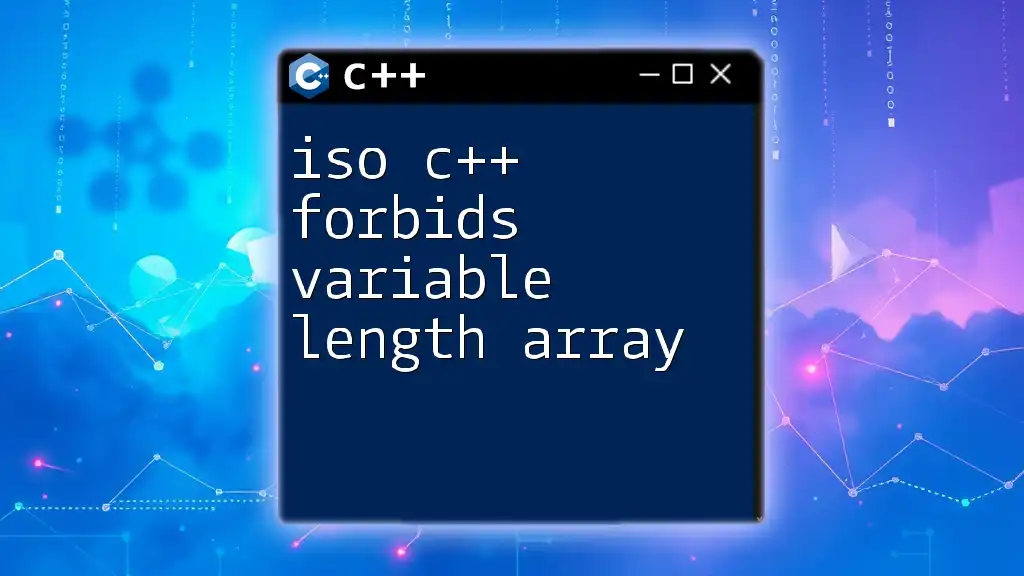
Study Strategies
Combining Theory with Practice
Finding the right book is just one piece of the puzzle. Combining theory with practice is essential in developing your C++ skills. After studying a concept, try implementing it in a small project.
Using Supplementary Resources
In addition to books, using supplementary resources like online platforms, forums, and communities can greatly enhance your learning experience.
Practice Problems and Challenges
Engage with platforms such as LeetCode, HackerRank, and Codewars. These platforms provide coding challenges that can solidify concepts and improve problem-solving skills.
Joining Study Groups
Consider joining study groups or online communities. Collaborative learning boosts motivation and encourages a deeper understanding of concepts through discussion and peer explanations.
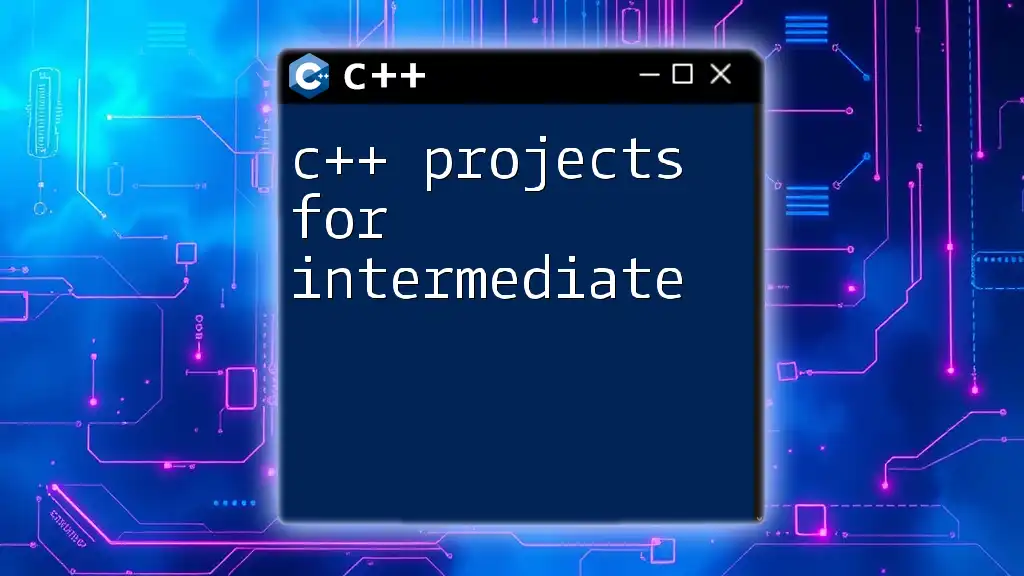
Utilizing Books in Your Learning Journey
Setting Goals
Establish clear goals for your C++ learning journey. Identify what you hope to achieve—whether it’s building a specific application, passing a coding interview, or simply grasping object-oriented programming principles.
Creating a Study Schedule
Create a study schedule that balances reading with practical coding exercises. Consistency is key in mastering C++.
Incorporating Real-World Projects
After completing a book, take the initiative to develop real-world projects. This allows you to apply what you've learned, making your knowledge practical and relevant.
Continuous Learning
Finally, embrace continuous learning. C++ is an evolving language, so staying updated with newer editions and trends will enhance your skills as a programmer.
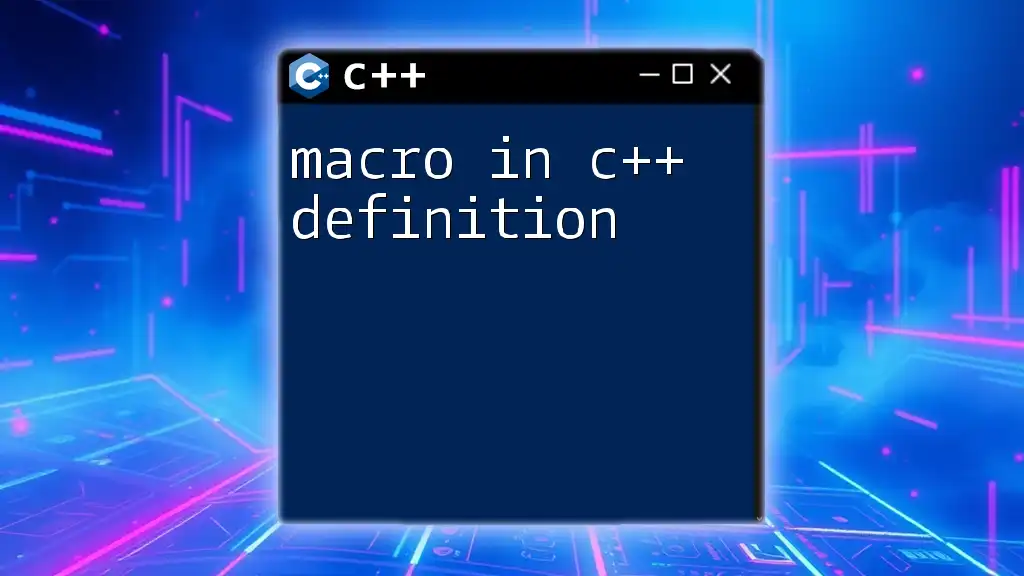
Conclusion
Learning C++ through books can be incredibly rewarding, especially if you choose the right resources and strategies. The journey to becoming proficient in C++ is paved with opportunities, and the books mentioned in this guide provide a solid foundation. By combining these texts with practical experiences and a proactive approach, you will not only understand C++, but also be prepared for a successful career in programming.
Call to Action
We encourage you to share your experiences with books on C++ for beginners. What has worked for you? What resources can you recommend? Join our community and follow our content for more insights on mastering C++. Your journey begins here!

